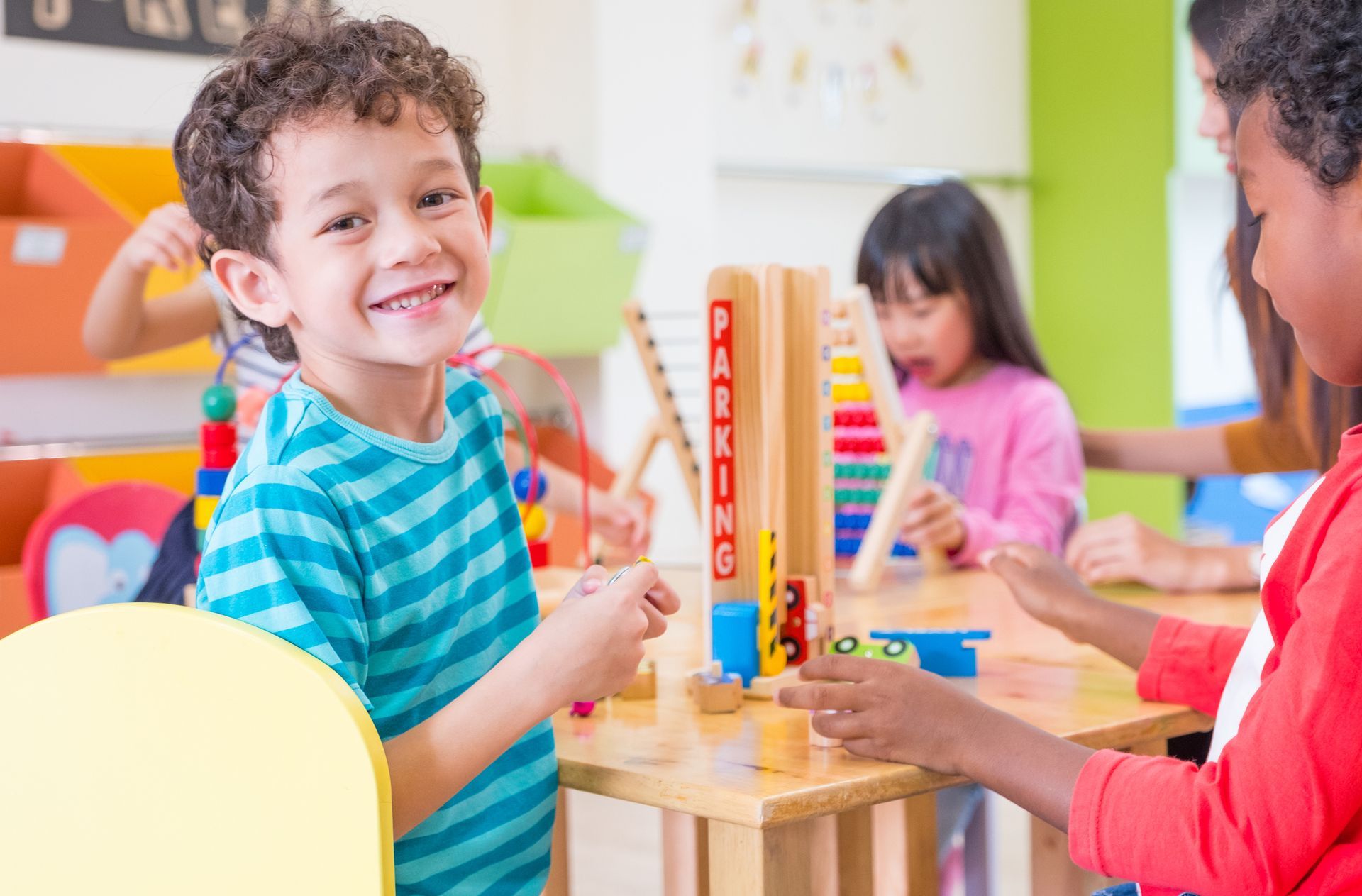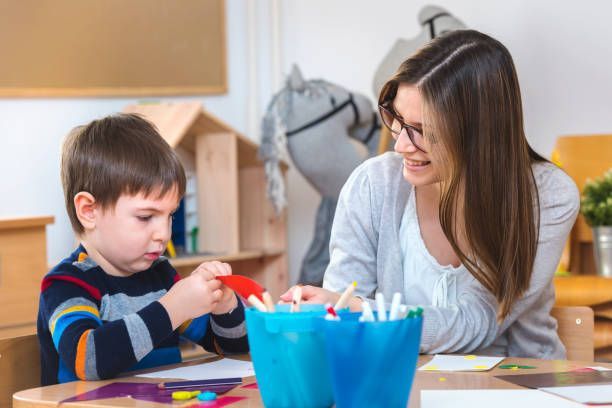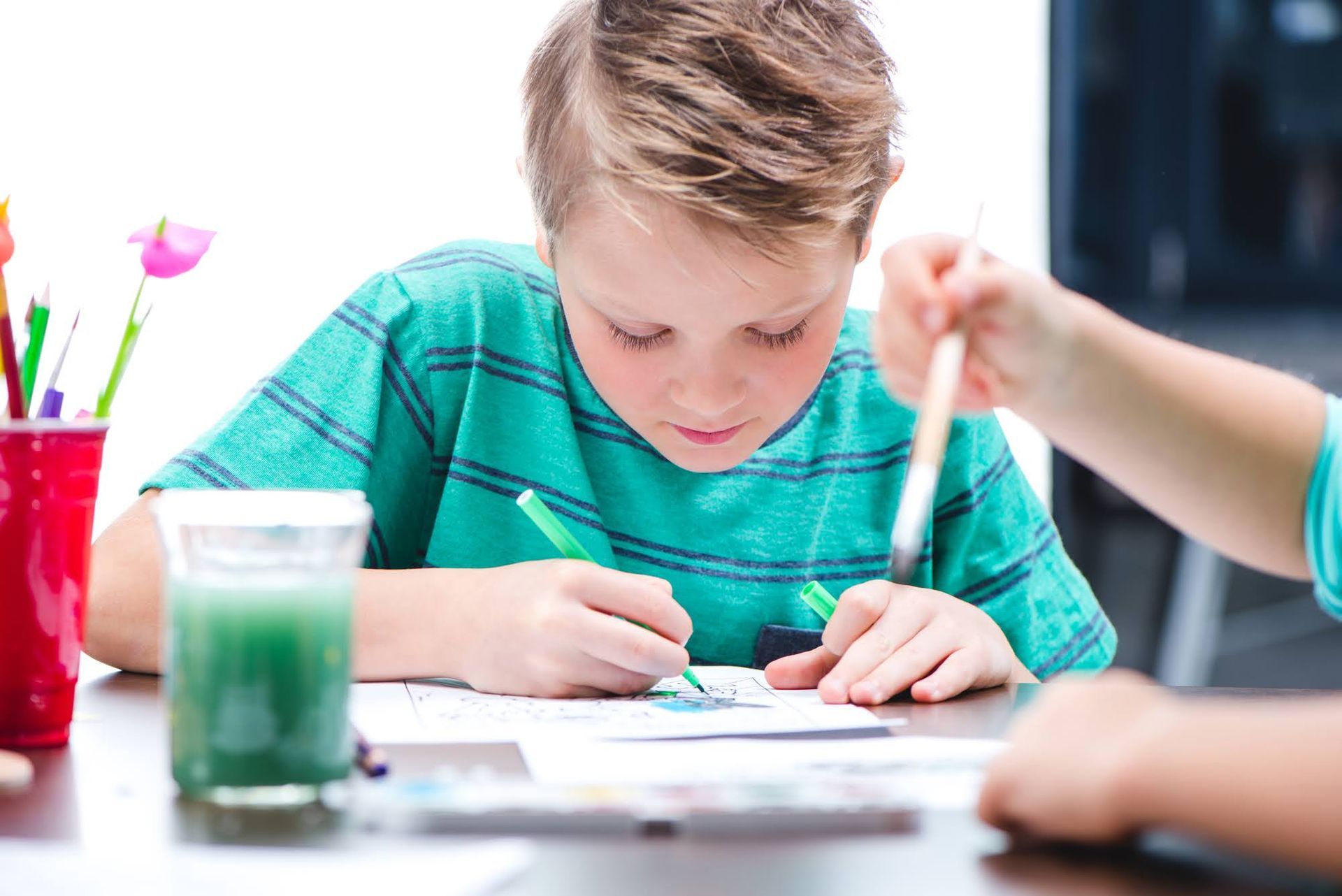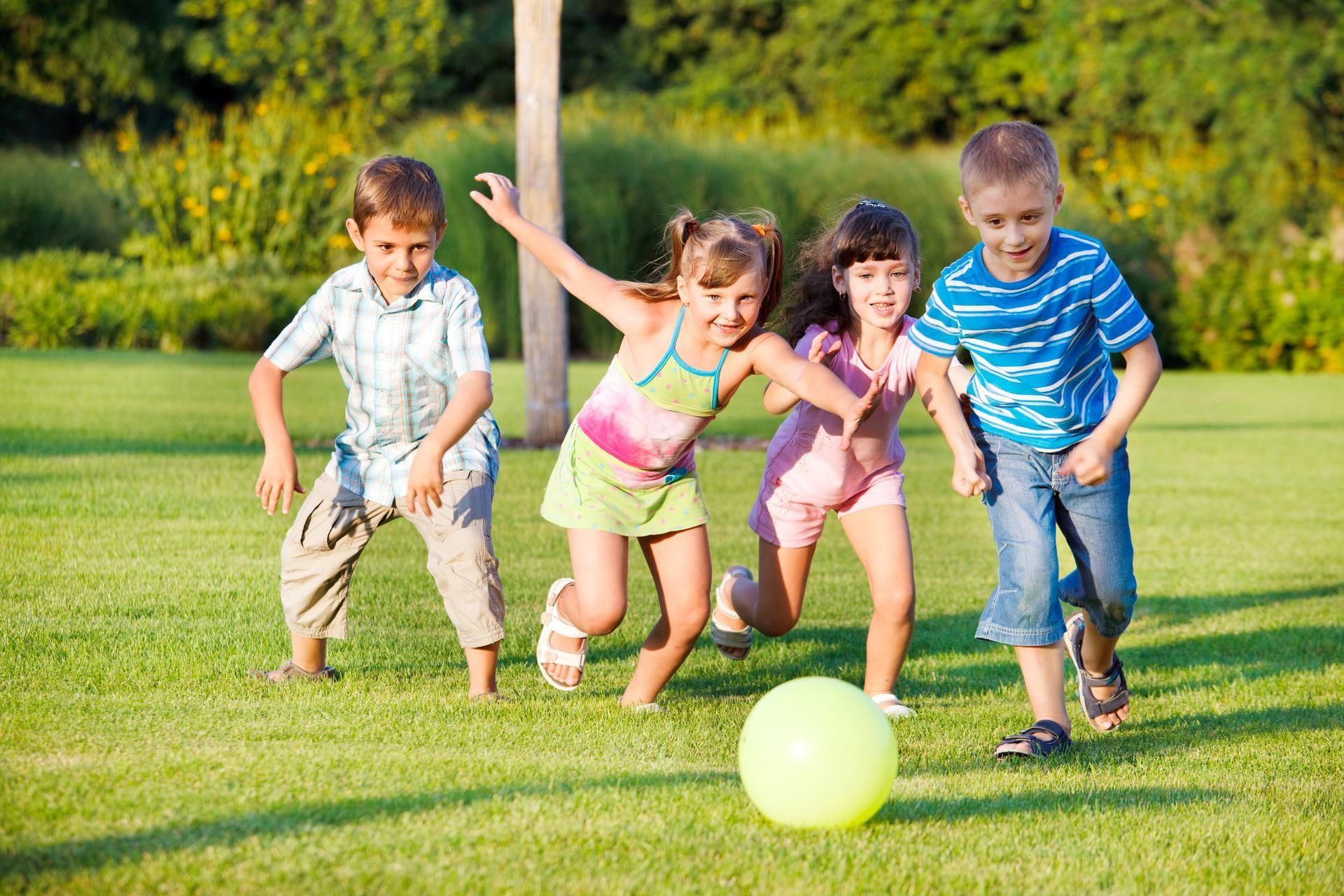Understanding Your Child’s Daycare Schedule
Enrolling your child at a daycare center can mean offering a wide variety of activities that can benefit them. When choosing a daycare, you will want to focus on programs that focus on developmental growth, socialization, and academic learning. Learn more here about events and options that your child might engage in at daycare.
Circle Time
Many daycare and preschool programs use circle time to begin the day for their students. This time usually features grounding activities that focus your child on being aware of the world around them. There may be roll call or attendance taken, and the teacher may ask the children to identify what day of the week it is or what the weather is like. Then, the teacher may go over the plan for the day and highlight any changes or important events coming up. Being aware of these items teaches your child to take notice of what’s happening around them and allows them the chance to voice their understanding. Circle time can be an important start to your child’s schedule.
Arts and Crafts
It’s clear that time spent on arts and crafts is critical when it comes to your child’s development. There are both practical and mental benefits to engaging in artistic activities. Cutting with scissors, painting with paintbrushes, coloring with crayons, and handling a glue stick are all opportunities for your child to flex their fine motor skills. This type of movement is key when it comes to preparing for sports, dance, or other types of extracurriculars that require the use of your hands and a keen sense of your body. Additionally, creating art is good for your child. Visualizing an end product and taking steps to create something tangible can contribute to self-esteem and give your child a chance to engage in self-expression.
Sensory Activities
When your child is young, it is important to allow them opportunities to stimulate their senses. Daycare and preschool are great spaces for this type of activity. Whether your child is engaged with a communal sensory bin or is taking a supervised hike, you can be sure that their brain and body will benefit. Sensory activities can take many forms. You may see your child playing in water or grass, creating concoctions in a child-friendly kitchen, or taking time to appreciate the variety of textures that nature can offer.
Snack Time
This may seem like an innocuous activity in the grand scheme of daycare schedules, but even snack time can serve as grounds for learning. Social eating is a key skill that children need to develop. Having child-friendly chairs, tables, and utensils will allow your child to better grasp the fine motor skills required for eating, and having their peers around them lets them practice being considerate of others.
Music and Movement
Developing an appreciation for music can start at any age. While your child is young, they may enjoy simple melodies and easy-to-sing songs that allow them to repeat words and sounds. This repetition helps them develop language and increases their vocabulary and capacity for speaking. Movement is an important factor as well. In a daycare setting, music and movement time becomes a great way for little learners to stimulate their kinesthetic senses. By moving their bodies, students exercise their gross motor skills, which in turn helps to calm their minds and prepare for quiet learning.
Daycare and preschool programs benefit from having all of these activities and more as part of their daily schedules. Your child will look forward to each activity, as they will be able to learn more about their abilities and grow both developmentally and socially. These activities will help prepare them for school, so they can begin their academic careers with a love for learning and the ability to take in the world around them. Contact our team today to learn more.












